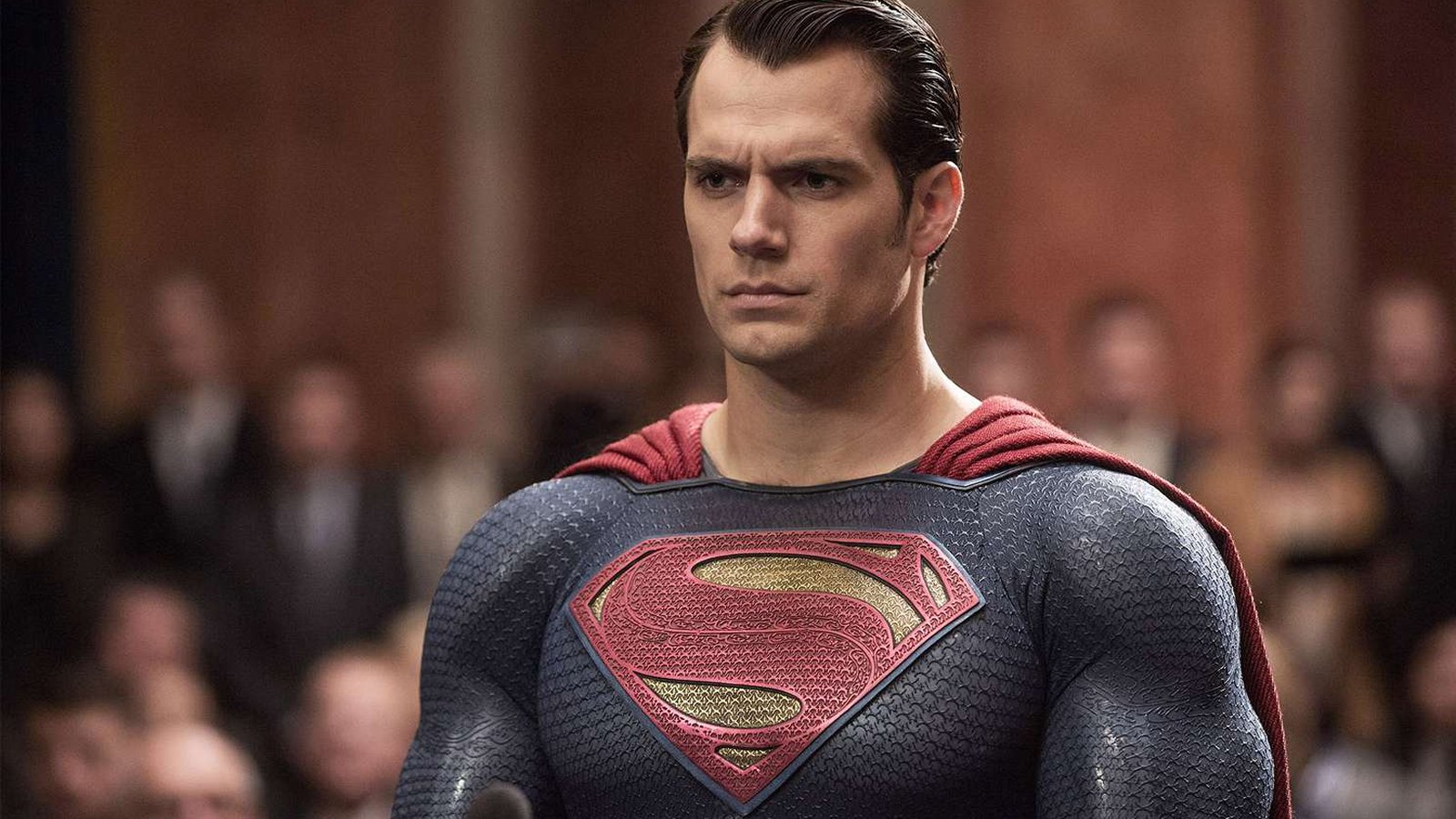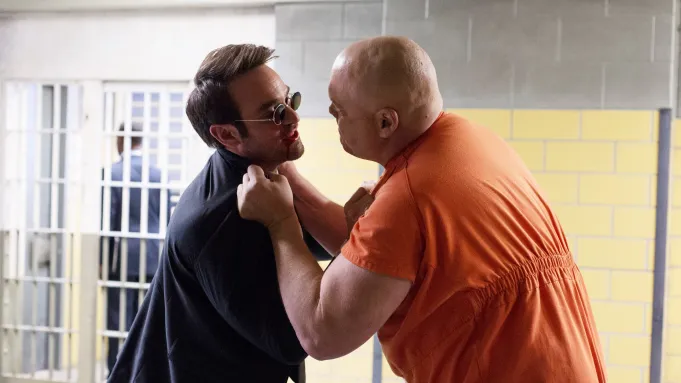If you click on a link and make a purchase we may receive a small commission. Read our editorial policy.
10 questions (and 10 answers) telling you everything you need to know before Avatar: The Way of Water
You have questions, we have answers about Avatar: The Way of Water

Avatar: The Way of the Water is just days away from release (buy tickets now on Fandango or Atom Tickets), with the first sequel to the highest-grossing movie of all time arriving just 13 years after the original installment.
As big that movie was, though — and remember that it managed to retake the crown from Avengers: Endgame in 2022 after the Marvel movie temporarily knocked it off the top spot in 2019, meaning that its success wasn’t a one-time thing — Avatar has proven to be an odd example of a movie that has failed to stick in people’s collective memory, judging by social media comments in the past few weeks.
If, like seemingly many, you can’t really remember that much about the first Avatar, don’t worry. We’re here to make sure to answer ten pressing questions in order to get you up to speed for the new movie. If nothing else, it’s faster than watching the first one all over again; that thing’s 162 minutes long.
Avatar, that’s the one with the airbenders and the giant flying bison, right?
Close; that’s Nickelodeon’s Avatar: The Last Airbender, which ran from 2005 through 2008, and was later made into a live-action movie called simply The Last Airbender. We’re talking about James Cameron’s live-action/CG mix Avatar, which came out in theaters in 2009.
Did it… have really tall blue aliens in it…?
It did! James Cameron’s Avatar was set on the planet Pandora, which humans in the 22nd century had set about colonizing; they’d chosen that world in particular because it was full of a valuable mineral known as unobtainium, which they planned on aggressively mining. Unfortunately, those mining efforts — and, indeed, the presence of humans on the planet in the first place — threatens the local ecosystem and specifically, the existence of the dominant native species, the Na’vi. They’re the blue aliens.
The title of the movie refers to the artificially-created Na’vi/human hybrids created by human scientists that are remote-controlled by humans in order to interact with the Na’vi and explore the planet.

Unobtainium? Really?
Yes, lots of people made fun of that at the time, as well. Here’s the thing, though; Cameron didn’t make the term up. It’s been in use by engineers since the mid-20th century to refer to substances that would contain the ideal properties for a specific project, but are not readily available. So… make fun of '50s science, I guess…?
So, Avatar is about the human government destroying an alien planet?
Not exactly; the human presence on Pandora is actually a corporate effort, with RDA — the “largest single non-governmental organization” in human history, as it’s defined at one point; it stands for Resources Development Administration — being the company responsible. RDA has a monopoly on all-things Pandora, at least according to human laws, having been granted such by the Interplanetary Commerce Administration. It’s the latest take on the 'Evil Corporation In Sci-Fi' trope that’s behind the Weyland-Yutani Corporation in Ridley Scott’s Alien franchise, or the Tyrell Corporation in Blade Runner; it also ties into the larger theme of ecological awareness and the destruction caused by capitalism that runs through much of Avatar as a concept.

This isn’t a movie with lots of fighting and special effects and explosions and blue aliens, then?
I mean, yes, it is. It’s just also very much a movie with larger things on its mind. Cameron is on record saying that it is, in part, a criticism of American foreign policy in the wake of the 9/11 attacks, although they added, “That's not what the movie's about - that's only a minor part of it. For me it feels consistent only in a very generalized theme of us looking at ourselves as human beings in a technical society with all its skills, part of which is the ability to do mechanized warfare, part of which is the ability to do warfare at a distance, at a remove, which seems to make it morally easier to deal with, but its not.”
The 2009 release of Avatar also prompted discussions about the movie’s ecological stance, as well as what it had to say about the plight of indigenous people in the U.S.
But, yes; it’s also a movie with fighting and special effects and explosions and blue aliens.
Who’s doing the fighting?
The central conflict in the movie is between the Na’vi and the RDA security force, which is pretty much a terrifyingly powerful private military. The latter is headed by Colonel Miles Quaritch, a xenophobe who’s fiercely focused on his mission, and has little regard for anyone or anything native to Pandora; he’s willing to sacrifice everything to get what he wants, which is a problem for the Na’vi, who it turns out are pretty protective of their very existence and way of life.

Things come to a head when RDA orders the destruction of the Navi’s central home base, the Hometree — which happens to sit on top of a large deposit of unobtainium. The resulting conflict destroys the Hometree, and also kills Quaritch, who is killed while battling Jake Sully, the movie’s hero.
Jake Sully? Is he one of the Na’vi?
By the end of the movie, yes, although he starts as a former human Marine chosen to pilot one of the avatars on Pandora. Distressed by RDA’s plans, he and a number of other humans — notably Dr. Grace Augustine (Sigourney Weaver), Dr. Norm Spellman (Joel David Moore), and Trudy Chacón (Michelle Rodriguez), an RDA security force pilot — start working with the Na’vi to defend Pandora.
Sully, Augustine, and Spellman all pilot avatars in the movie, meaning that they pass amongst the Na’vi unnoticed — at least until they announce their true nature. By the end of the movie, Weaver has been killed as a result of the conflict, while Sully ends up abandoning his human body entirely to live in his avatar body for good, fully becoming a Na’vi.
Are there regular, non-avatar Na’vi in the movie? How do they feel about the humans and the avatars?
Understandably, they’re pretty upset about both, as might be obvious from the fact that the planet essentially erupts in war between the humans and the Na’vi. Although initially suspicious of the avatars once they’re revealed, many of them come around to the idea before too long, understanding that some humans might not be in favor of the destruction of their planet. Primary amongst this faction is Neytiri (Zoe Saldana), the daughter of the leader of the central Na’vi tribe in the first movie; she falls in love with Jake Sully and ends up being the one to kill Quaritch in the climactic battle, doing so to save Sully’s life.

Is that how Avatar ends? Is that all we need to know before the new movie?
Beyond the above, what needs to be remembered before heading into the second movie is this: Jake Sully and Neytiri get married and, by the time of the second movie, have kids — one of whom is voiced by Sigourney Weaver, whose character from the first movie’s soul was maybe transferred into the Na’vi Tree of Souls, although that was left purposefully vague. Humanity has, for the most part, been banished from Pandora after the climactic battle from the first movie, although some humans — Norm Spellman, for example, and others who sided with the Na’vi — are an exception to that rule.
It’s already been revealed that RDA will return in the second movie, with Quaritch himself back from the dead as an avatar himself, something that is almost guaranteed not to go down well. What does intergalactic war mean when one side is functionally immortal? Expect that to be a new weighty theme to be added to the Avatar stew in the second movie and moving forward.
What else do we need to know?
Just this: Avatar: The Way of Water is released in theaters December 16, and you can buy tickets now on Fandango or Atom Tickets.
Wondering if online chatter about Avatar not being memorable enough is something that James Cameron cares about? Go read his response to that question right here; it’s worth it, I promise.
Follow Popverse for upcoming event coverage and news
Find out how we conduct our review by reading our review policy
Let Popverse be your tour guide through the wilderness of pop culture
Sign in and let us help you find your new favorite thing.
















Comments
Want to join the discussion? Please activate your account first.
Visit Reedpop ID if you need to resend the confirmation email.